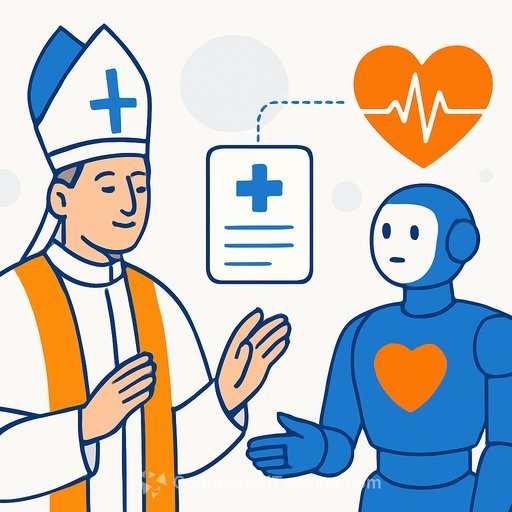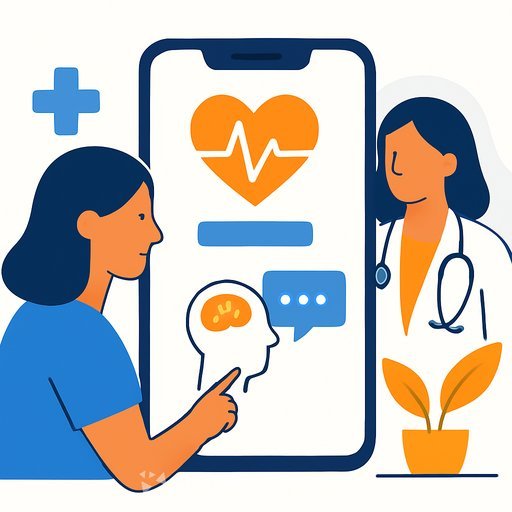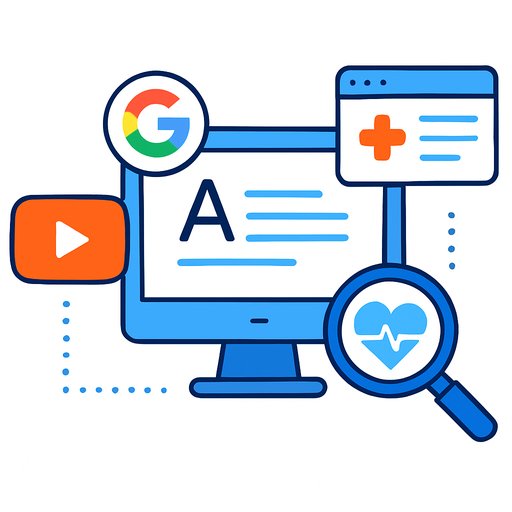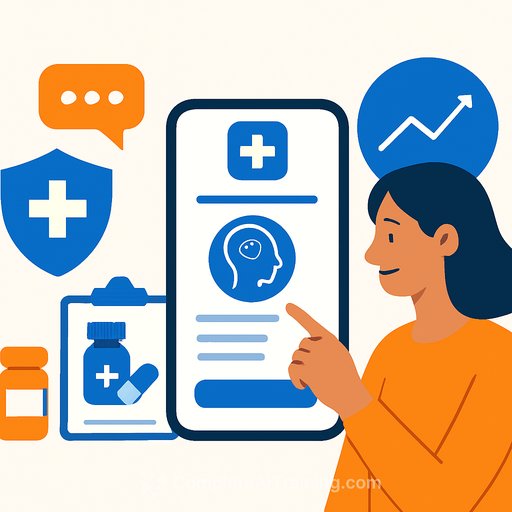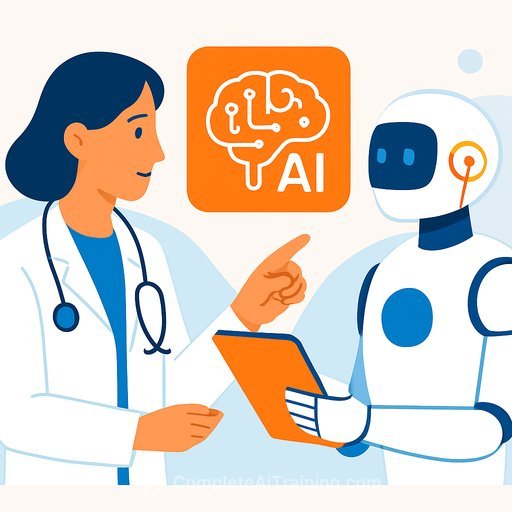AI in Healthcare: A Threat to Human Connection or a Tool to Enhance It?
Pope Leo XIV recently cautioned that artificial intelligence could weaken the personal bonds in healthcare. He argues no technology can substitute the human relationship between a patient and a medical professional. AI, he said, must enhance care, not erode it.
But many experts see it differently. They believe AI is already strengthening those connections by handling the tasks that get in the way of patient care.
More Time for Patients, Not Paperwork
The core argument is time. Studies show that AI tools, like speech recognition, can save clinicians up to an hour each day. This is time that can be reinvested directly into patient care and consultation.
The European trade association COCIR supports this view. They state AI helps with earlier disease detection and personalizes treatments, all while cutting down on routine workload. This allows clinicians to focus more on their patients.
A Double-Edged Sword?
Not everyone is convinced of AI's entirely positive effect. Stefan Eichwalder, from Austria's health and social affairs ministry, echoed the Pope's caution. He noted that digital tools can become a "bitter pill," citing a survey that linked the use of electronic health records to higher stress and burnout among GPs.
His point is clear: "Too often, tech meant to support health professionals ends up undermining them."
The Question of Trust and Ethics
Pope Leo also raised the issue of trust. He warned that powerful instruments can produce devastating effects on people's lives, especially when used to advance harmful ideologies.
In response, industry groups like COCIR say they take these fears seriously. The organization affirmed its commitment to ethical AI, ensuring devices are safe and transparent. They propose ongoing dialogues between healthcare professionals, ethicists, and policymakers to keep technology human-centered.
Support, Don't Replace
The consensus is that AI must be a tool, not a replacement. Grigori Rogge, a researcher at the University of Witten, explained it best: "The best-case scenario would be for AI to be deployed in a way that supports, rather than replaces, the relationships between healthcare professionals and patients."
He agrees with the Pope's fundamental point. Trust, care, and human contact are crucial. For healthcare professionals, understanding how to use these tools is key to ensuring technology serves patients. Preparing for this future requires a solid grasp of how AI works in a professional setting.
To stay ahead and learn how AI can be integrated into your role, you can explore AI courses designed for specific jobs.
Your membership also unlocks:

